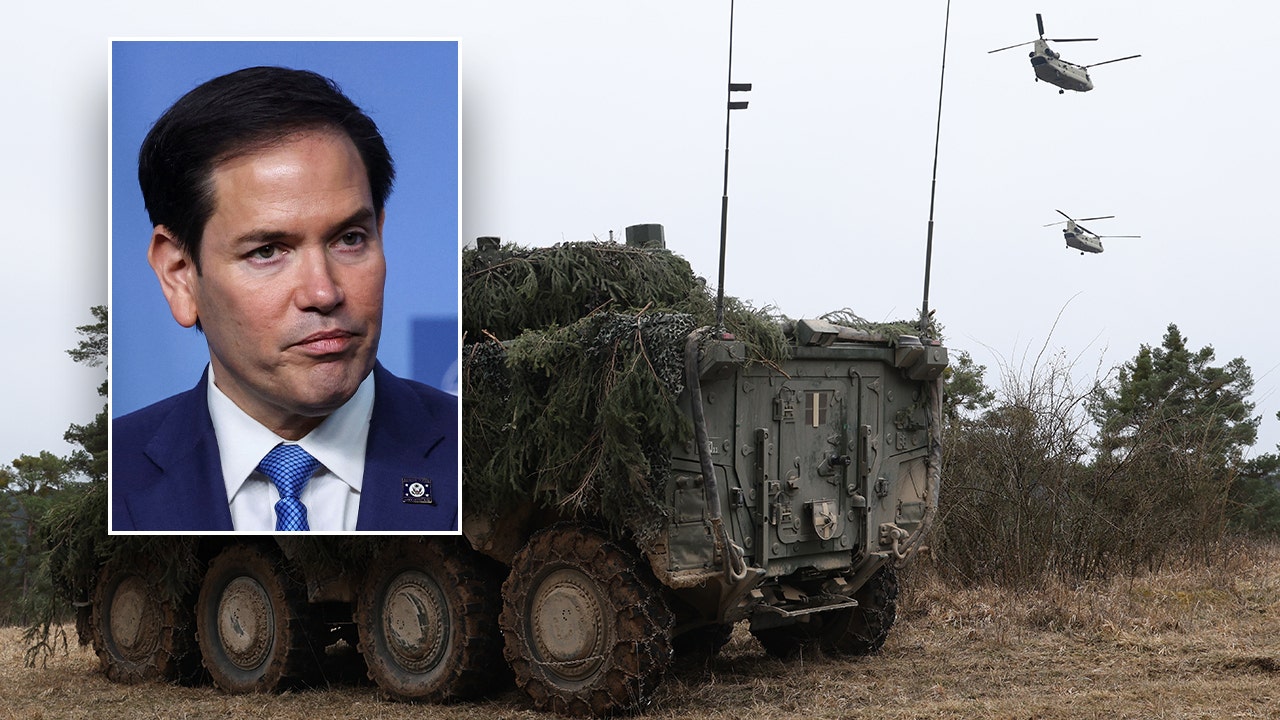Rubio says NATO must spend 5% GDP on defense to deter Russia, China

Secretary of State Marco Rubio emphasized the importance of NATO nations increasing their defense spending to hit a 5% threshold during a NATO foreign ministers event in Brussels. Rubio acknowledged the challenges of diverting funds from social safety nets to invest more in national security but stressed the necessity of hard power as a deterrent in today’s volatile geopolitical landscape.
Rubio called for a “realistic pathway” for all NATO members to fulfill their promise to reach up to 5% of spending, including the United States. While the majority of NATO members currently spend 2% of their GDP on defense, eight nations have yet to meet their pledges. Rubio’s push for increased defense spending is in line with NATO Secretary-General Mark Rutte’s calls for more robust military capabilities.
The United States, which spent 3.38% of its GDP on defense in 2024, is on track to spend over $1 trillion on defense in 2025 if it maintains its current expenditure rate. Rubio did not specify a timeframe for nations to reach the 5% threshold, but emphasized the importance of collective defense capabilities to deter aggressor nations like Russia and China.
Despite concerns about the financial burden of increasing defense spending, Rubio reaffirmed the United States’ commitment to NATO and the importance of prioritizing defense in the face of global threats. He emphasized the need for NATO nations to invest in their security and contribute to the alliance’s collective defense efforts.
As NATO continues to adapt to evolving security challenges, Rubio’s call for increased defense spending underscores the alliance’s commitment to maintaining peace and security in an increasingly complex world. By strengthening military capabilities and fulfilling financial commitments, NATO members can better deter potential adversaries and ensure the alliance’s continued effectiveness in promoting stability and security.




